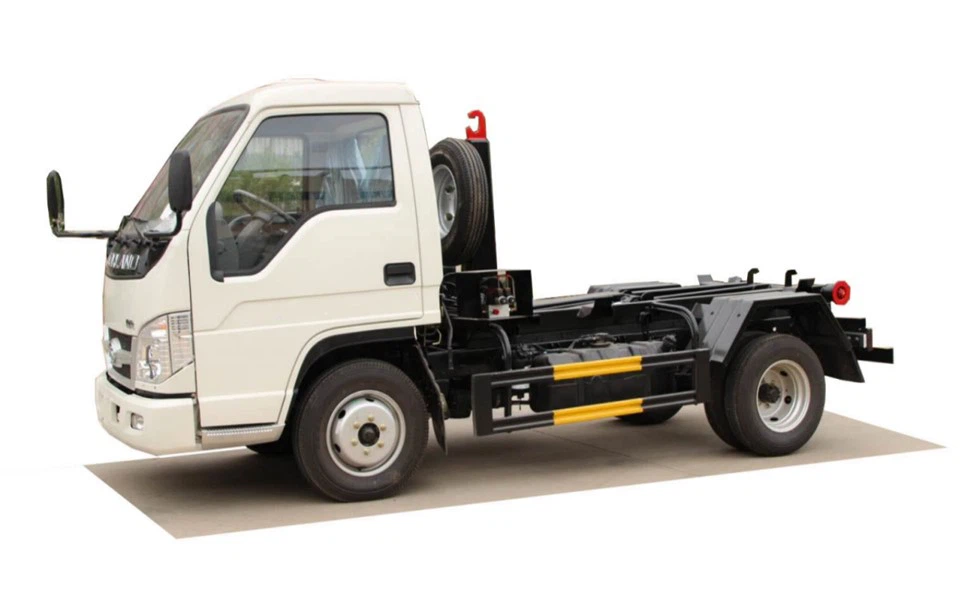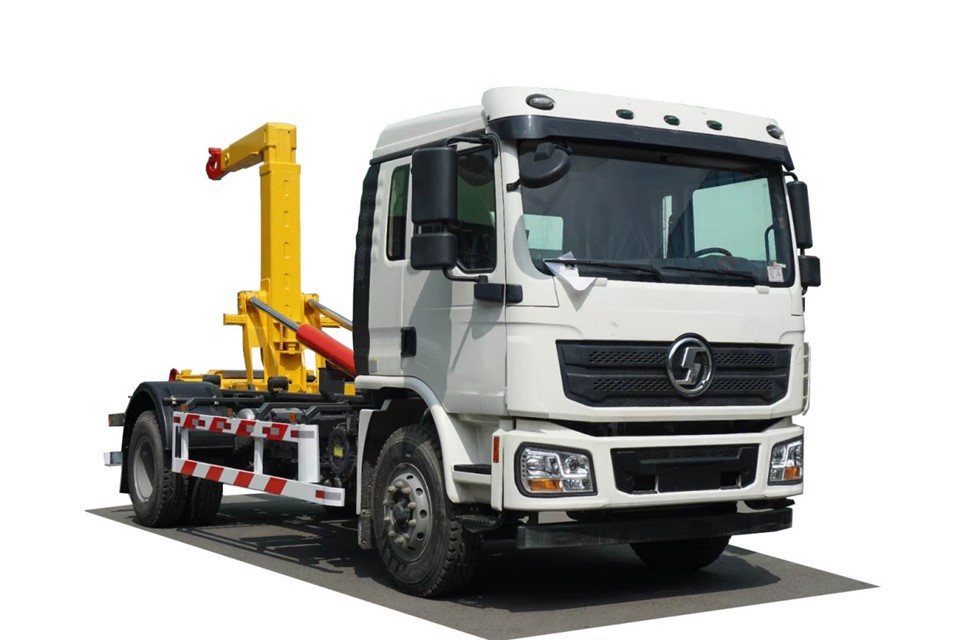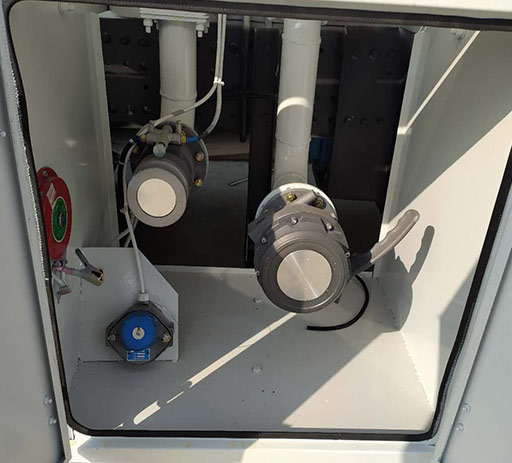Lorry Carrier: A Comprehensive Guide to Transportation Solutions

The logistics and transportation industry plays a crucial role in the global economy. Within this sector, lorry carriers stand out as vital components driving the movement of goods across cities, countries, and continents. This article delves deep into the world of lorry carriers, exploring their functionality, advantages, challenges, and more. Whether you’re a business owner looking for transport solutions or just interested in understanding how lorry carriers work, you’ll find all you need to know here.

Understanding Lorry Carriers
What is a Lorry Carrier?
A lorry carrier is a type of vehicle specifically designed for transporting goods. These vehicles, commonly known as trucks in many regions, come in various sizes and configurations. They are equipped to handle diverse cargo types, making them an essential asset for businesses involved in retail, manufacturing, construction, and other sectors requiring distribution services.
Types of Lorry Carriers
Lorry carriers can be categorized based on various criteria, such as size, type of cargo, and design features. Below are several common types of lorry carriers:
| Type | Description | Best Suited For |
|---|---|---|
| Flatbed Trucks | Open truck beds with no sides or roof. | Heavy machinery and construction materials. |
| Box Trucks | Enclosed cargo area with a separate cab. | Furniture, appliances, and packaged goods. |
| Refrigerated Trucks | Temperature-controlled trucks designed for perishable goods. | Food, pharmaceuticals, and temperature-sensitive items. |
| Tanker Trucks | Cylindrical tanks mounted on a truck for liquid transport. | Fuel, chemicals, and other liquids. |
| Dump Trucks | Trucks with an open box bed that can be tilted. | Bulk materials like sand, gravel, and demolition waste. |
The Importance of Lorry Carriers in Supply Chain Management
Lorry carriers are pivotal in supply chain management. They bridge the gap between manufacturers and consumers, facilitating timely and efficient delivery of products. Below are several reasons highlighting their importance:
1. Flexibility and Versatility
Lorry carriers can adapt to various types of cargo, making them suitable for different industries. From transporting delicate electronics to heavy industrial equipment, lorry carriers can cater to diverse needs.
2. Door-to-Door Service
Unlike other forms of transportation, lorry carriers offer door-to-door service. This means that goods can be picked up from the manufacturing site and delivered directly to the customer’s location, reducing handling times and costs.
3. Cost-Effectiveness
For many businesses, especially small and medium enterprises, using lorry carriers can be more cost-effective than other transportation methods. With various options available, businesses can choose the right size of truck that suits their shipping needs.
4. Rapid Turnaround Times
With lorry carriers, goods can be shipped quickly, often on the same day. This is particularly important for businesses that need to respond rapidly to market demands.
Common Challenges Faced by Lorry Carriers
While lorry carriers provide numerous advantages, they also face various challenges. Understanding these challenges can help businesses prepare better for logistics management.

1. Traffic Congestion
In urban areas, traffic congestion can significantly delay deliveries. Lorry carriers often have to navigate through heavy traffic, which can result in increased delivery times and operational costs.
2. Regulatory Compliance
Lorry carriers must adhere to numerous regulations, including weight limits, safety standards, and environmental laws. Non-compliance can lead to fines and legal issues.
3. Maintenance and Operational Costs
Maintaining a fleet of lorry carriers requires significant financial investment. Regular maintenance, fuel, insurance, and driver salaries can add up, impacting profit margins.
4. Driver Shortage
Many regions face a shortage of qualified drivers, making it challenging for lorry carrying companies to meet demand. This shortage can lead to rising wage costs and reduced service capacity.
Best Practices for Efficient Lorry Carrier Management
Efficient management of lorry carriers is crucial for optimizing transportation operations. Below are some best practices to consider:
1. Utilize Technology and Route Optimization Tools
Invest in fleet management software to track vehicle locations, schedule maintenance, and optimize delivery routes. Tools that analyze traffic patterns can help prevent delays, enhancing overall efficiency.
2. Regular Training of Drivers
Continuous training for drivers on safe driving practices and compliance regulations can reduce accidents and improve service quality. This training should also cover cargo handling to prevent damage.
3. Employ a Preventive Maintenance Schedule
Regular maintenance of lorry carriers can prevent breakdowns and extend the life of your fleet. Implementing a preventive maintenance schedule ensures that trucks remain in optimal condition.
4. Foster Strong Relationships with Suppliers and Customers
Building strong relationships within the supply chain can lead to better coordination and service quality. Regular communication with suppliers and customers can help enhance logistics processes.
Choosing the Right Lorry Carrier Service
Selecting the right lorry carrier service is vital for businesses. Here are key factors to consider:
1. Assessing Needs and Budget
Before choosing a lorry carrier service, assess your transportation needs and budget. Consider factors such as cargo size, weight, and distance to determine the appropriate service level.
2. Researching Service Providers
Look for reputable lorry carrier service providers in your area. Check online reviews, ask for recommendations, and review their safety records. A well-established company is likely to offer reliable services.
3. Understanding Pricing Structures
Different carriers may have varied pricing structures. Ensure that you understand how charges are calculated, whether hourly rates, distance, or weight. Transparency in pricing can prevent unexpected costs.
4. Evaluating Equipment and Fleet
Examine the types of vehicles and equipment used by the carrier. Ensure they are appropriate for your cargo type and that the carrier takes good care of their fleet.
Future Trends in Lorry Carrier Services
The transportation industry is evolving rapidly due to advancements in technology and changes in consumer demand. Below are some key trends shaping the future of lorry carrier services:
1. Increased Use of Automation
Automated technology, including self-driving trucks and robotic loading systems, is expected to revolutionize the industry. This can lead to cost savings and increased efficiency.
2. Sustainability Initiatives
As environmental regulations tighten, lorry carriers are adopting more sustainable practices. This includes using electric trucks and optimizing routes to reduce carbon emissions.
3. Digital Transformation
Digital platforms are streamlining communication, booking, and tracking processes. Investments in tech solutions can enhance customer experience and operational efficiency.
4. Enhanced Safety Measures
With ongoing advancements in safety technologies, including collision avoidance systems, lorry carriers are working to reduce accidents and ensure driver and cargo safety.
Practical Tips for Businesses Using Lorry Carriers
For businesses looking to maximize the benefits of lorry carriers, consider the following practical tips:
1. Plan Shipments Ahead of Time
Scheduling shipments in advance can reduce costs and improve service levels. Provide lorry carriers with detailed information about cargo and delivery windows to optimize routes.
2. Use Proper Packaging
Invest in quality packaging materials to protect goods during transit. Properly packaged items are less likely to incur damage, resulting in fewer returns and claims.
3. Keep Clear Communication
Maintain open lines of communication with your carrier. Inform them of any changes to the cargo or delivery details as early as possible to avoid delays.
4. Review Performance Regularly
Conduct regular evaluations of your lorry carrier service. Analyze key performance metrics such as on-time delivery rates and damage claims to ensure service quality.
FAQ Section
1. What types of goods can be transported by lorry carriers?

Lorry carriers can transport a wide variety of goods, including general freight, perishables, chemicals, and construction materials. The type of lorry used often depends on the nature of the cargo.
2. How do I choose the right lorry carrier for my business?
Consider factors such as your specific transportation needs, budget, the reputation of the service provider, and their fleet capabilities. Always conduct research and obtain quotes from multiple carriers.
3. Are there weight limits for lorry carriers?
Yes, there are weight limits dictated by local and national laws. These limits can vary based on the type of lorry and the roads they will be traveling on.
4. How can I ensure the safe delivery of my goods?
Proper packaging, choosing reputable lorry carriers, maintaining open communication with the carrier, and tracking shipments can help ensure safe delivery of your goods.
5. What are the common reasons for delivery delays?
Common reasons for delivery delays include traffic congestion, vehicle breakdowns, regulatory checkpoints, and weather conditions. Planning and clear communication with carriers can help mitigate these issues.
6. How can businesses reduce transportation costs using lorry carriers?
Businesses can reduce costs by optimizing load capacity, planning deliveries efficiently, negotiating better rates with carriers, and utilizing technology for route optimization.
